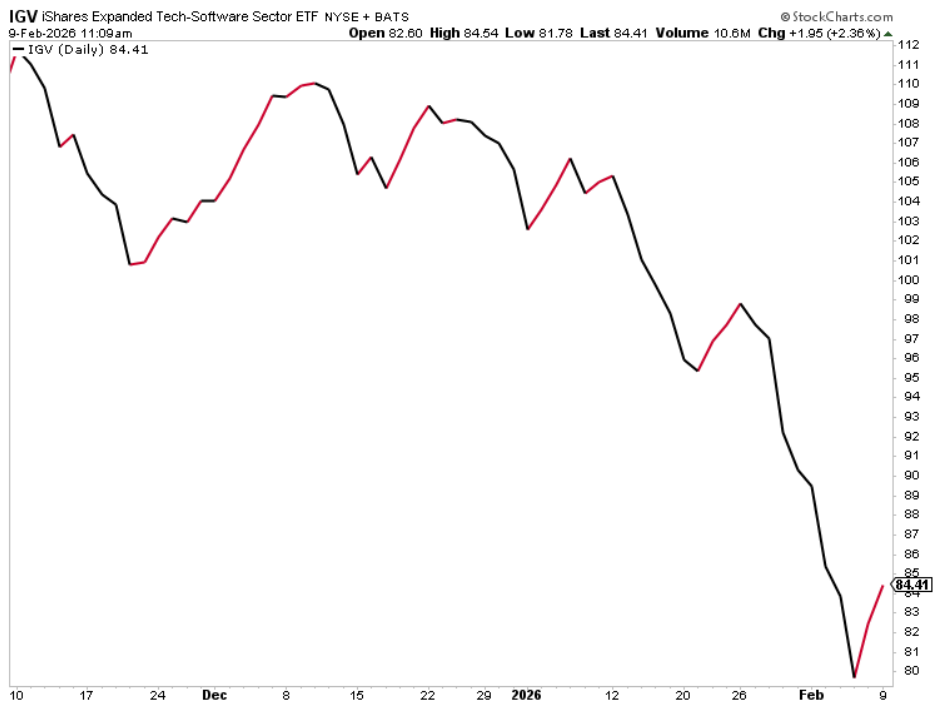Understanding a Decedent’s Gross Estate: What You Need to Know
A decedent’s gross estate consists of most assets and property owned at the time of death, which is vital for determining estate taxes. Certain exclusions can affect the estate’s overall value and its tax obligations. It is crucial to be aware of what is included in the gross estate, especially concerning inheritance, taxes, and the responsibilities of the executor. Engaging a financial advisor can aid in evaluating the estate’s makeup and advising beneficiaries on financial planning and tax strategies.
Defining a Gross Estate
The gross estate reflects the total worth of a person’s assets and property at the time they pass away, before any deductions or exclusions occur. This includes real estate, cash, investments, retirement accounts, and personal belongings such as vehicles and collections. Ownership interests or trusts established by the decedent are also part of this total.
The purpose of calculating the gross estate is to see if it owes federal or state estate taxes. Certain deductions, such as marital deductions and charitable donations, can help lower the taxable amount of the estate. However, most items that the decedent owned or controlled are included in the gross estate, highlighting the importance of estate planning to minimize tax liabilities and maximize inheritances for heirs.
Exclusions from a Gross Estate
Some assets might be excluded from a decedent’s gross estate, helping to diminish its taxable value. Below are four prevalent examples:
- Irrevocable Life Insurance Trust (ILIT): Proceeds from a policy transferred to an ILIT more than three years before death typically do not count in the gross estate.
- Gifts: Gifts made prior to death may be excluded if they adhere to IRS rules for annual gift tax exclusions or fall outside the three-year look-back period for large gifts.
- Irrevocable Trusts: Assets in these trusts are often excluded, as the decedent has no ownership or control over them.
- Retirement and Annuity Accounts: Specific retirement accounts or annuities with named beneficiaries can transfer directly to heirs, bypassing the estate. These exclusions can greatly affect estate planning by lowering both the estate’s value and tax liability.
Assessing the Value of a Gross Estate
The gross estate’s value is generally established based on the fair market value of the assets at the time of death. This value represents what each asset would sell for in today’s market, often needing an appraisal for significant items like real estate or businesses. For financial accounts, the estate value includes the balances as of the date of death.
Calculating gross estate values demands meticulous documentation since executors must accurately report valuations for each asset. Liabilities, such as debts or mortgages, are not deducted at this stage since they are accounted for once the gross estate is evaluated. Precise asset valuation is crucial, as it determines the basis for potential estate taxes and clarifies asset distribution for beneficiaries.
The Role of the Executor

The executor, whether named in the will or appointed by the court, plays a vital role in managing and settling the gross estate.
Main responsibilities of the executor include:
- Collecting and cataloging all estate assets
- Obtaining necessary valuations
- Filing required tax documents
- Distributing assets to beneficiaries per the will
Executors must ensure all estate taxes are calculated and settled before assets are distributed. Due to the complexity of these tasks, executors often collaborate with professionals such as appraisers, accountants, and estate attorneys, making certain that the estate’s best interests are prioritized while adhering to legal requirements.
Advantages of Estate Planning
Proper estate planning can offer significant benefits for individuals and their families, especially in managing the gross estate.
Through an estate plan, individuals can designate beneficiaries, express specific wishes, and in many scenarios, lessen their estate’s tax burden. Tools like trusts allow for the exclusion of certain assets from the gross estate, minimizing estate taxes and expediting the distribution process for heirs. Furthermore, estate planning aids in organizing asset distribution, lessening the need for probate, and ensuring financial protection for dependents or fulfilling charitable goals.
Frequently Asked Questions
Which Assets Are Part of a Decedent’s Gross Estate?
The gross estate generally includes all property, financial accounts, real estate, and personal items owned at death. Any asset held in the decedent’s name or where they had an ownership interest is counted as part of the gross estate.
Are Life Insurance Proceeds Included in the Gross Estate?
Life insurance proceeds are included in the gross estate if the decedent was the policy owner or retained control over the policy. If ownership was transferred or placed in an irrevocable trust, it may be excluded.
Can Charitable Donations Decrease the Gross Estate’s Taxable Value?
Yes, charitable donations made as part of the estate planning process can diminish the gross estate’s taxable value, providing deductions that lower estate tax liabilities.
How Is a Gross Estate Valued?
To value the gross estate, the fair market value of all assets at the time of death is determined. This includes real estate, investments, and personal property, usually requiring appraisals or current valuations to assess the estate’s total worth.
Conclusion

Recognizing what comprises a decedent’s gross estate is crucial for effective estate management and planning. While most assets owned or controlled by the decedent are included, some, like those in irrevocable trusts, may be excluded. A well-thought-out estate plan can assist executors in fulfilling their duties while providing clarity, potential tax savings, and a structured financial future for beneficiaries.
Estate Planning Tips
- Consider consulting a financial advisor to evaluate the gross estate, spot tax-saving opportunities, and guide asset distribution. Finding an advisor can be straightforward. SmartAsset’s free tool connects you with vetted financial advisors in your area for a no-cost introductory call, helping you find the right fit for your financial aspirations.
- While it may be tempting to save costs by handling estate planning independently, caution is advised due to common DIY pitfalls.
Photo credit: ©iStock.com/shapecharge, ©iStock.com/sturti, ©iStock.com/Moyo Studio
The views and opinions expressed herein belong to the author and do not necessarily reflect those of Nasdaq, Inc.








